A podcast by David Van Nuys – the interview with Donald Kalsched, the author of The Inner World of Trauma: Archetypal Defences of the Personal Spirit and Trauma and the Soul: A psycho-spiritual approach to human development and its interruption
.
.Read an interview with Donald Kalsched by Anne Malone
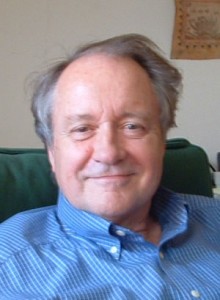 Donald Kalsched, Ph.D.
Donald Kalsched, Ph.D.
Donald Kalsched is a Clinical Psychologist and Jungian Psychoanalyst in private practice in Albuquerque, New Mexico. He is a senior training analyst with the Inter-Regional Society of Jungian Analysts where he teaches and supervises.
His 1996 book The Inner World of Trauma: Archetypal Defences of the Personal Spirit has found a wide readership in both psychoanalytic and Jungian circles and has been translated into many languages.
Dr. Kalsched teaches and lectures nationally and internationally, pursuing his inter-disciplinary interest in early trauma and dissociation theory and its mytho-poetic manifestations in the mythic and religious iconography of many cultures.
His new book Trauma and the Soul: A psycho-spiritual approach to human development and its interruption, was published in 2013.
Read more about Donald Kalsched at his website
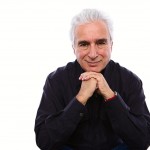 David Van Nuys, Ph.D.
David Van Nuys, Ph.D.
David Van Nuys, Ph.D., is Emeritus Professor of Psychology at Sonoma State University and served as that department’s Chair for seven years. The department has a longstanding reputation for its commitment to humanistic, transpersonal, and existential approaches to psychology. He has also taught psychology at the University of Montana, the University of Michigan, and the University of New Hampshire. He has served as a dissertation advisor for doctoral students at Saybrook Institute and the Institute for Integral Studies, among others. David has always been a person with wide ranging hobbies and passions, the latest of which are his two interview-based podcasts: Shrink Rap Radio and Wise Counsel Podcast.
Tags: archetype, defenses of the Self, Donald Kalsched, trauma












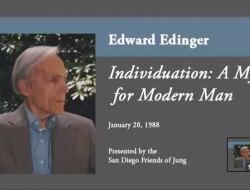
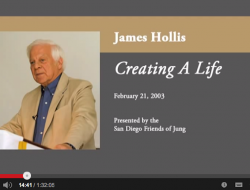
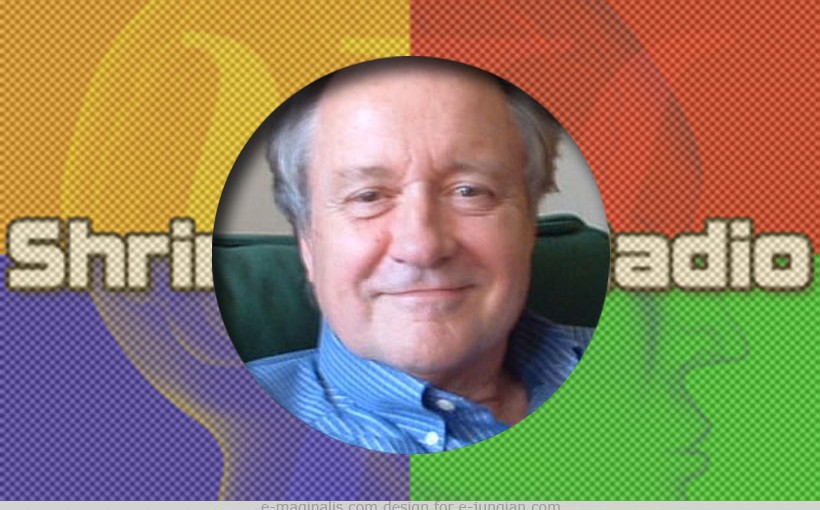









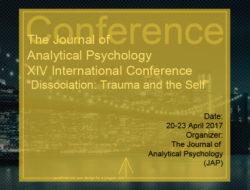
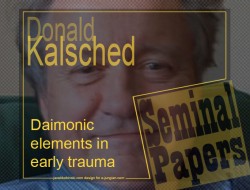
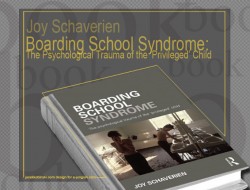
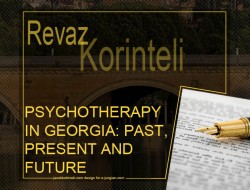










This is a brilliant analysis by Donald Kalsched of the trauma experience. Thanks for sharing. It explains a lot of what I experienced as a result of childhood trauma. I have intuited that this is the case (even though I am not a Jungian analyst) that there are collective unconscious material that becomes a defensive strategy on the part of the child. I had a number of unconscious stirrings (or dreams) that were foreboding of the trauma memories that later emerged in consciousness. I also experienced psychosis in a manner that was suggestive of an inner persecutor or 'devil’ figure at work. The best explanation I was able to come up with in reference to its appearance was exactly as Kalsched described – the 'good’ turning against oneself. I think that this is one plausible explanation of what happens among survivors that choose to commit suicide – the soul gives up. For myself, I know I felt the sense of impending annihilation. I had a sense while in a deeply fragmented state that if 'evil didn’t get me this time, it was certainly going to come around and take my soul the second time. The sense of being 'Godforsaken’ is the best way to describe what a child feels when they come face to face with death at the hands of their own primary caregiver. This experience provides an opening for the dark forces of evil as well as the redemptive qualities of the angelic realm to emerge.
While I know I have benefited from the recent developments in trauma research in terms of the process of doing trauma therapy, I have felt that there was a dimension of therapy has been lacking. My trauma therapist do not talk about 'spirituality’ or 'the soul’ or what happened to that child that felt 'Godforsaken’. In this sense, modern trauma therapy can only effectively take the 'healing’ or integrative process so far. I experienced what Kalsched refers to as a 'soul murder’ and I believe that this is an apt description for the experience of many survivors. „Survivor” is a word used for a reason, even though I think the term is thrown around as a general way to describe the trauma experience without much deep analysis. I appreciated his acknowledgement of body work and the recent findings in neuroscience as it contribute to understanding in the healing field. I wish that traditional trauma therapists and clinicians had the same kind of open minded approach when it comes to their understanding and practices. Disassociation is not only a disembodied experience. It is, as Kalsched put it, a dis”aster” in a spiritual sense as the meaning in one’s life is destroyed.